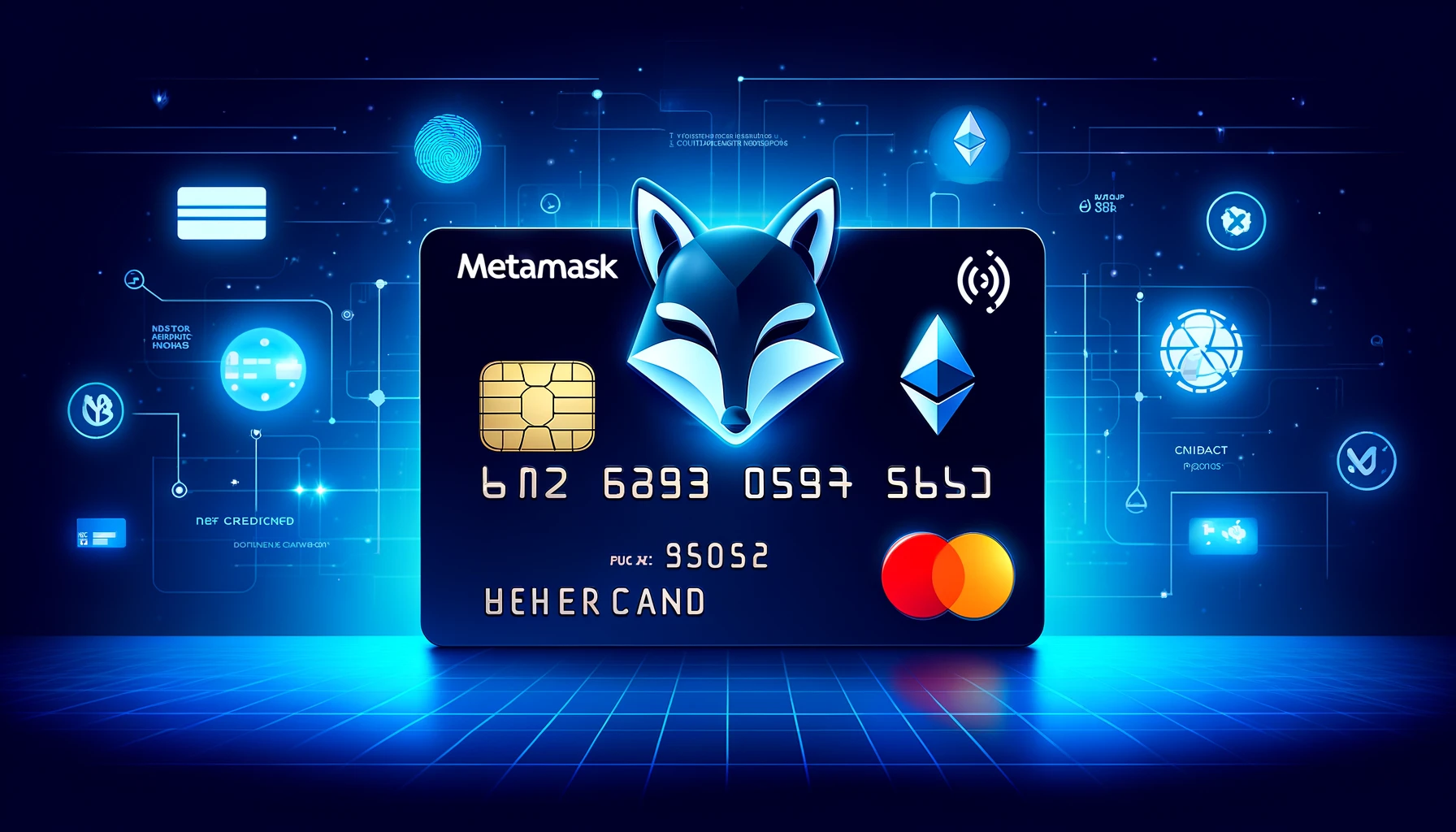Blockchain and Cryptocurrency 101: Understanding the Basics and Technology
Blockchain and cryptocurrency have emerged as transformative forces in the digital era, revolutionizing industries and reshaping the financial landscape. Understanding the basics of these technologies is crucial for anyone looking to navigate the world of digital currencies and decentralized systems. This comprehensive guide will delve into the fundamentals of blockchain and cryptocurrency, explore their technologies, and provide insights into their applications and future prospects.
What is Blockchain?
Blockchain Technology Explained
Blockchain is a decentralized, distributed ledger technology that records transactions across many computers. This ensures that the record cannot be altered retroactively without altering all subsequent blocks and gaining the network’s consensus. The transparency, security, and immutability of blockchain make it ideal for various applications beyond cryptocurrency.
Key Components of Blockchain
- Blocks: Each block contains a list of transactions.
- Nodes: Computers that participate in the blockchain network.
- Consensus Mechanisms: Algorithms that ensure all nodes agree on the validity of transactions.
Blockchain technology can be divided into three main types:
- Public Blockchains: Open to anyone, like Bitcoin and Ethereum.
- Private Blockchains: Restricted access, used within organizations.
- Consortium Blockchains: Controlled by a group of organizations.
Benefits of Blockchain Technology
Blockchain technology offers numerous advantages, including:
- Transparency: All transactions are visible to all participants.
- Security: Cryptographic algorithms ensure data integrity.
- Decentralization: No single point of control or failure.
- Efficiency: Eliminates the need for intermediaries.
Blockchain Technology
Applications of Blockchain Technology
Blockchain’s applications extend far beyond cryptocurrency. Industries are leveraging its potential for various purposes:
- Supply Chain Management: Enhances transparency and traceability of goods.
- Healthcare: Secures patient data and streamlines medical records.
- Finance: Enables faster, cheaper, and more secure transactions.
- Voting Systems: Ensures transparency and prevents tampering.
Case Study: Blockchain in Healthcare
Blockchain technology secures patient data, providing a tamper-proof record of medical history. This enhances patient privacy, improves data accuracy, and facilitates better coordination among healthcare providers.
Cryptocurrency for Beginners
What is Cryptocurrency?
Cryptocurrency is a digital or virtual currency that uses cryptography for security. Unlike traditional currencies, cryptocurrencies are decentralized and typically operate on blockchain technology. Bitcoin, created in 2009, was the first cryptocurrency and remains the most well-known.
How Cryptocurrency Works
Cryptocurrencies rely on blockchain technology to record transactions. Each transaction is verified by network nodes through cryptography and added to a public ledger (the blockchain).
- Mining: The process of validating and adding transactions to the blockchain.
- Wallets: Digital tools that allow users to store and manage their cryptocurrencies.
- Exchanges: Platforms where users can buy, sell, and trade cryptocurrencies.
Popular Cryptocurrencies
- Bitcoin (BTC): The first and most widely recognized cryptocurrency.
- Ethereum (ETH): Known for its smart contract functionality.
- Ripple (XRP): Focuses on facilitating real-time, cross-border payments.
- Litecoin (LTC): Offers faster transaction confirmation times.
Blockchain and Cryptocurrency: Investment and Trading
How to Buy Cryptocurrency
Investing in cryptocurrency involves several steps:
- Choose a Cryptocurrency Exchange: Select a reputable platform like Coinbase, Binance, or Kraken.
- Create an Account: Sign up and complete the verification process.
- Deposit Funds: Add money to your account using a bank transfer or credit card.
- Buy Cryptocurrency: Purchase the cryptocurrency of your choice.
Best Practices for Buying Cryptocurrency
- Research: Understand the market and the specific cryptocurrency you are buying.
- Security: Use two-factor authentication and store your assets in a secure wallet.
- Diversification: Spread your investments across different cryptocurrencies.
Best Cryptocurrency to Invest In
Choosing the best cryptocurrency to invest in depends on various factors, including market trends, technology, and use cases. Some top contenders include:
- Bitcoin (BTC): The pioneer and most widely adopted cryptocurrency.
- Ethereum (ETH): Offers innovative smart contracts and decentralized applications.
- Cardano (ADA): Focuses on sustainability and scalability.
- Polkadot (DOT): Aims to connect multiple blockchains into a unified network.
Cryptocurrency News and Market Insights
Staying Updated with Cryptocurrency News
Keeping up with the latest cryptocurrency news is essential for informed decision-making. Reliable sources include:
- CoinDesk: Offers news, analysis, and insights into the cryptocurrency market.
- CryptoSlate: Provides real-time updates on cryptocurrency prices and trends.
- CoinTelegraph: Covers news on blockchain technology and digital currencies.
Understanding Cryptocurrency Market Cap
Market capitalization (market cap) is a critical metric in the cryptocurrency world. It is calculated by multiplying the current price of a cryptocurrency by its total circulating supply. Market cap helps investors gauge the size and value of a cryptocurrency.
Categories Based on Market Cap
- Large-Cap Cryptocurrencies: Market cap over $10 billion (e.g., Bitcoin, Ethereum).
- Mid-Cap Cryptocurrencies: Market cap between $1 billion and $10 billion.
- Small-Cap Cryptocurrencies: Market cap under $1 billion.
Tools and Resources for Cryptocurrency
Best Crypto Wallet
A crypto wallet is essential for storing and managing your digital assets. Types of wallets include:
- Hardware Wallets: Physical devices that securely store cryptocurrencies offline (e.g., Ledger, Trezor).
- Software Wallets: Applications for managing cryptocurrencies on your computer or mobile device (e.g., Exodus, Trust Wallet).
- Paper Wallets: Physical printouts of private keys and addresses.
Choosing the Best Crypto Wallet
Consider the following factors when selecting a crypto wallet:
- Security Features: Look for two-factor authentication and encryption.
- User-Friendliness: Ensure the wallet is easy to use and navigate.
- Compatibility: Check if the wallet supports the cryptocurrencies you own.
How to Buy Bitcoin
Bitcoin is the most well-known cryptocurrency and often the entry point for new investors. Here’s a step-by-step guide to buying Bitcoin:
- Select an Exchange: Choose a reputable platform like Coinbase or Binance.
- Create and Verify Your Account: Complete the registration process and verify your identity.
- Deposit Funds: Add money to your account using a bank transfer or credit card.
- Buy Bitcoin: Purchase Bitcoin at the current market price or set a limit order.
Tips for Buying Bitcoin
- Use a Secure Wallet: Transfer your Bitcoin to a secure wallet rather than leaving it on the exchange.
- Monitor the Market: Keep an eye on Bitcoin prices and market trends.
- Start Small: Begin with a small investment to understand the market dynamics.
Future of Blockchain and Cryptocurrency
Trends and Developments
Blockchain and cryptocurrency are continually evolving, with several trends shaping their future:
- Decentralized Finance (DeFi): DeFi platforms enable peer-to-peer financial services without intermediaries.
- Non-Fungible Tokens (NFTs): NFTs represent unique digital assets, revolutionizing art, gaming, and collectibles.
- Central Bank Digital Currencies (CBDCs): Governments are exploring digital versions of their currencies.
Potential Impact on Industries
Blockchain and cryptocurrency are poised to transform various sectors:
- Finance: Enhances transparency, reduces costs, and improves transaction speeds.
- Healthcare: Secures patient data, improves record-keeping, and enables telemedicine.
- Supply Chain: Increases transparency, reduces fraud, and enhances efficiency.
- Real Estate: Streamlines property transactions and reduces paperwork.
Blockchain and cryptocurrency have the potential to revolutionize the digital landscape, offering numerous benefits and applications across various industries. Understanding the basics of blockchain technology, the workings of cryptocurrency, and the tools available is crucial for anyone looking to navigate this evolving field. Staying updated with the latest news and trends, investing wisely, and utilizing the right resources can help you make informed decisions and capitalize on the opportunities presented by blockchain and cryptocurrency.
For more information on blockchain technology and cryptocurrency, visit Regent Studies. Explore the transformative power of blockchain and cryptocurrency and stay ahead in this dynamic and rapidly evolving field.




